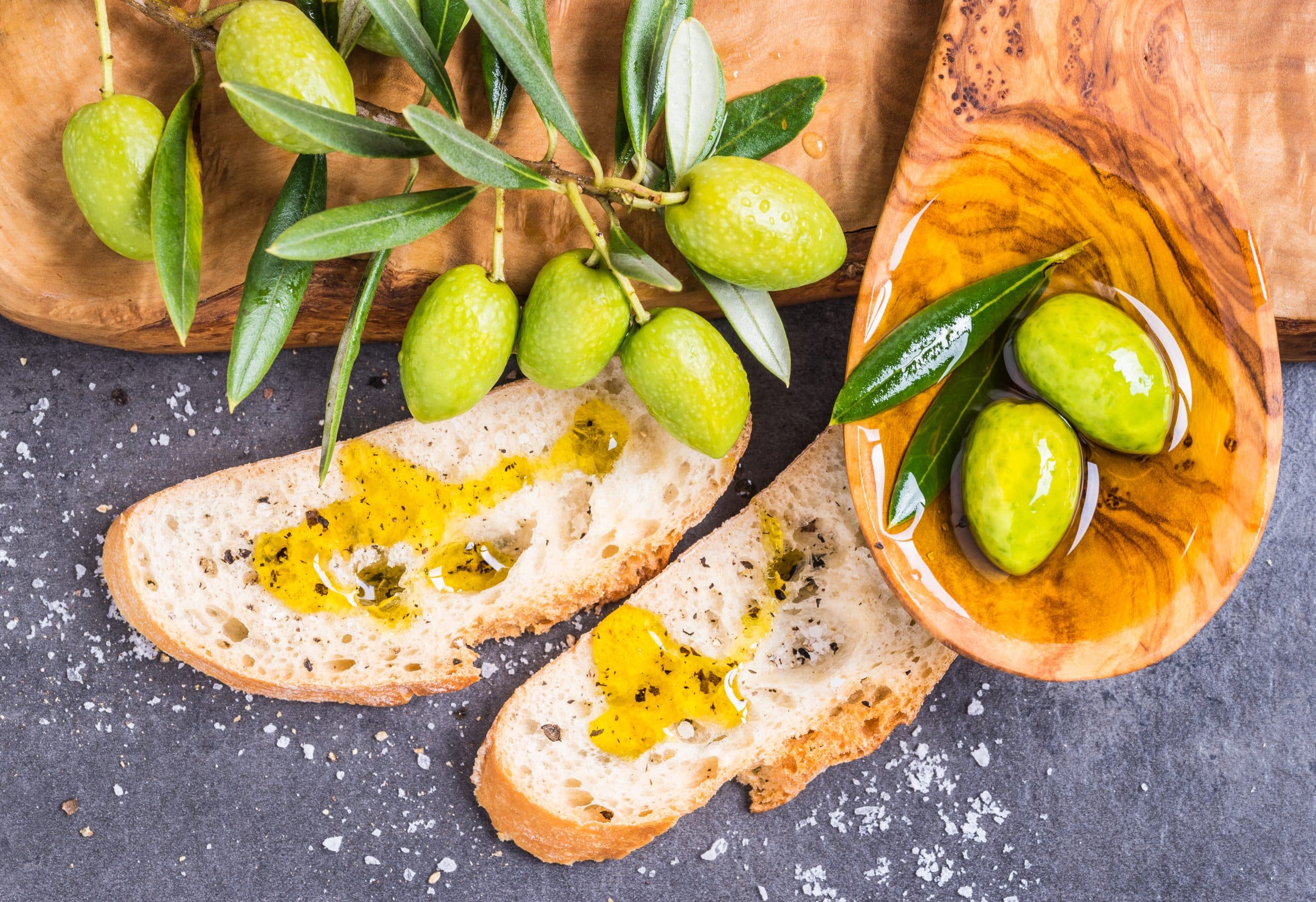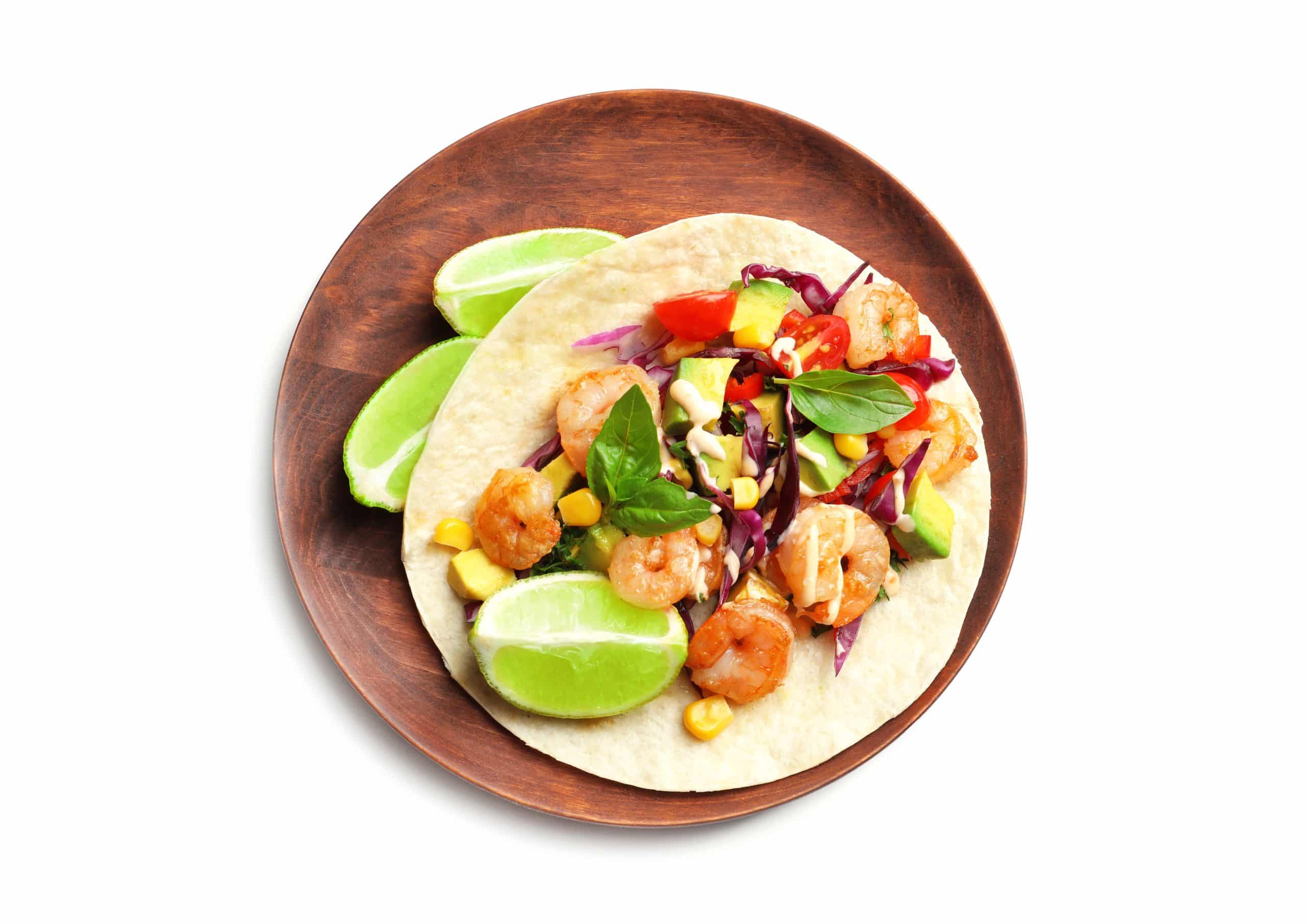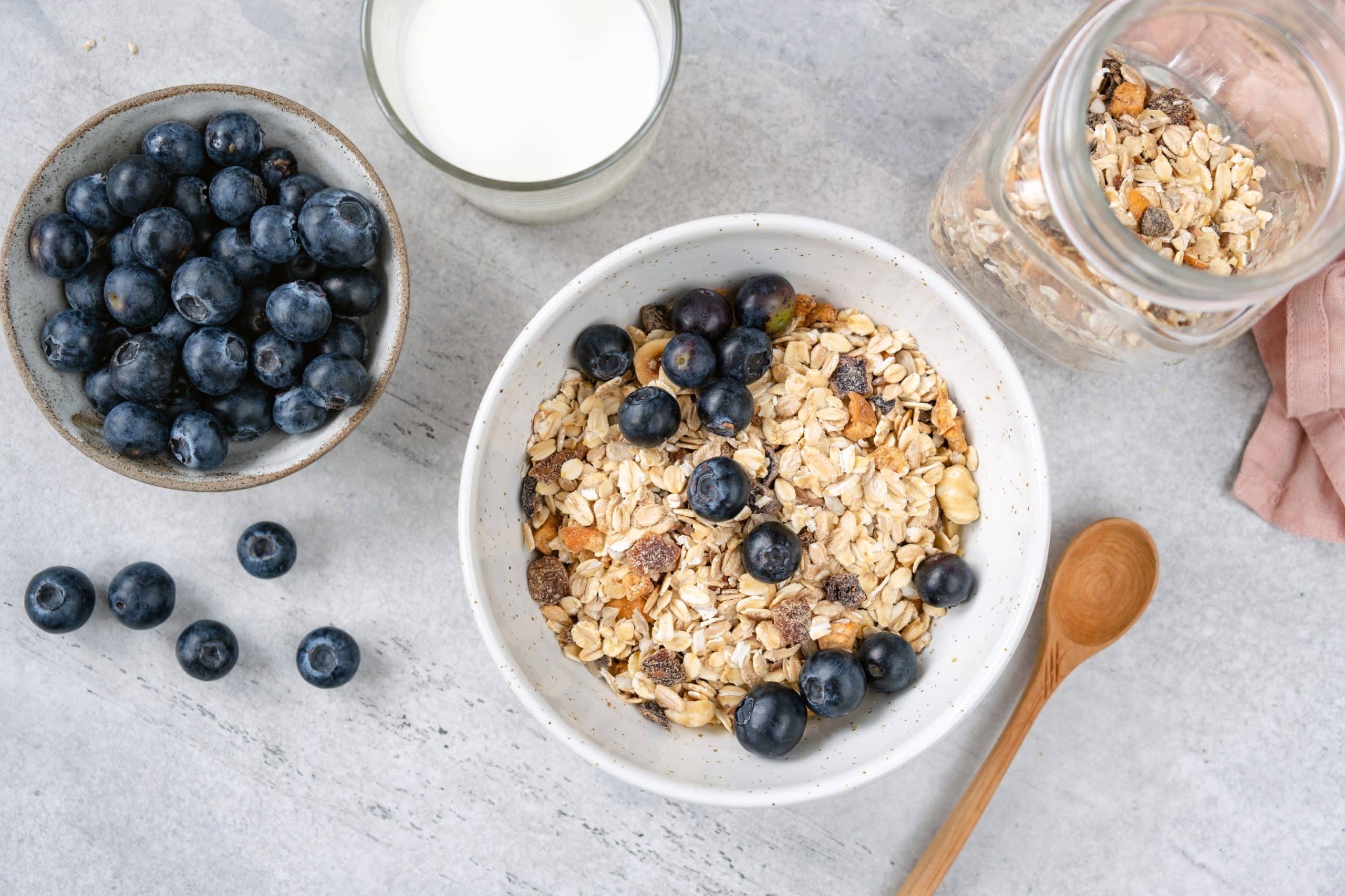Cooking with olive oil is a great way to add flavor and nutrition to any meal. Compared to other cooking oils, olive oil also has many nutritional benefits including heart-healthy fats and antioxidants. It’s so versatile that it can be used in salads, dips, baking, and frying. But if you’re living with a gluten sensitivity or intolerance, you may be wondering: Is olive oil gluten free? Fortunately, the answer is yes, olive oil is naturally gluten-free. Olive oil does not contain any gluten proteins or grains, so it should be safe for those on gluten-free diets. However, it is important to be mindful of the production process that goes into making olive oil. It is here that cross-contamination can occur and the olive oil could become contaminated with gluten from other sources. Here’s what you need to know.
Get your personalized
meal plan!
What Does Gluten-Free Mean?
Gluten-free means that a food does not contain any proteins from wheat, barley, rye, or other grains related to these. Gluten is a protein found in these grains, and it can cause digestive issues for those with celiac disease or gluten sensitivities (2).
You’ll know whether a product is gluten-free if it says so on the label or has been certified gluten-free. However, there are many foods that are naturally gluten-free, such as whole fruits and vegetables, without being labeled as such on their packaging.
Is Olive Oil Gluten-Free?
Pure, unrefined olive oil is gluten-free and safe for those with celiac disease or gluten sensitivities.
There are several methods used to extract olive oil from olives, but the most popular are cold-pressing and centrifugation. Neither of these methods involve any grains or gluten proteins, making them gluten-free.
Cold-pressing produces a higher quality olive oil because little heat is applied. The olives are simply mashed to extract the oil and then filtered to remove impurities.
Centrifugation is the process of spinning olives in a centrifuge to separate the oil from the pulp. It is a quicker process but can be less effective than cold-pressing.
To ensure you’re getting a gluten-free olive oil, look for a label that says:
- Plain/pure – this means the olive oil is unrefined and contains no added ingredients
- Cold-pressed – this usually retains the most flavor and nutrition
- Certified gluten-free – some brands offer this certification to ensure their product is free from cross-contamination
Read More: Health Benefits Of Olives: The Truth About This Greek Fruit
When Is Olive Oil Not Gluten-Free?
There are two reasons why olive oil may not be considered gluten-free:
Cross Contamination During The Manufacturing Process
Firstly, if the equipment used to produce the olive oil has come into contact with grains containing gluten, there is a risk of cross-contamination. This can occur if the same machinery or facility is used to process grains and olives, or if the olives come into contact with gluten-containing substances.
Cross-contamination during olive oil manufacturing isn’t common, but if you want to be sure, look for a gluten-free label or certification on the product. If the olive oil does not have either of these, then it is best to avoid it as there is no guarantee that the oil was produced in a gluten-free environment.
Contamination During Flavoring Process
It is also important to be aware of flavored or infused olive oils, as these may contain allergens such as wheat and barley.
For example, garlic-infused olive oil could contain wheat flour, which would make it unsafe for those with gluten sensitivities. Smoked or roasted olive oils could also contain gluten proteins from the smoking process.
When Used To Cook With
Lastly, when using olive oil to cook with, there is always a risk of cross-contamination. For example, if you’re using a pan to cook with olive oil, and the pan was used previously to fry foods containing gluten ingredients, then there will be traces of gluten proteins in the pan.
This means, if you’re cooking with olive oil and want to ensure it’s gluten-free, use a dedicated gluten-free pan and wash it between uses.
At a restaurant, don’t assume that having olive oil as an ingredient makes a dish gluten-free. Ask your server about the preparation process, as there is always a risk of cross-contamination from other ingredients.
If you wish to cinch your waist, tone up your bat wings, blast away the muffin top – our fitness app was created to cater to all your needs! BetterMe won’t give excess weight a chance!
How To Read Labels To Find Gluten-Free Olive Oil
Reading labels is a bit of a science, and it’s important to understand what you’re looking for when it comes to finding a gluten-free olive oil.
Here are some tips for reading labels and making sure you’re getting an oil that is free from gluten:
- Look for the words ‘gluten-free’. Most manufacturers will clearly label their products as ‘gluten-free’ if they are, so this should be your first step.
- Check for wheat, rye and barley derivatives. Names like hydrolyzed wheat protein, barley malt and rye flour can all indicate the presence of gluten.
- Read the ‘allergen information’ section. It should tell you if the oil contains any gluten-containing ingredients, and it will also list any other allergens present.
- Contact the manufacturer directly. If you’re unsure about any of the ingredients in a product or the manufacturing process, it may be worth getting in touch with the manufacturer to double check.
By following these steps you can be sure that you’re getting a gluten-free olive oil that suits your dietary needs.
Just remember to check the labels carefully and always be aware of any potential allergens.
Read More: Canola Oil Vs Olive Oil: Which Is Healthier?
Other Reasons To Use Gluten-Free Olive Oil
In addition to being gluten-free, olive oil also has a number of other health benefits.
High In Heat-Stable Monounsaturated Fats
There are two types of fatty acids- monounsaturated and polyunsaturated. Both are beneficial to your health, but monounsaturated fats are heat-stable, meaning they can be heated without creating many harmful compounds (3).
Some of these compounds produced when less stable oils are exposed to high heat may include carcinogens which are linked to the development of cancer (1).
High In Antioxidants
Olive oil is rich in antioxidants, which may help to protect the body from free radical damage. Free radicals are molecules that can damage cells and cause inflammation, which can contribute to the development of diseases like cancer and heart disease (4).
BetterMe is your fast-track ticket to a long-lasting weight loss! Tailor your fitness journey and maximize your results with just a couple of swipes!
Rich In Vitamin E And K
Olive oil also contains a good amount of vitamin E, which is essential for healthy skin and hair (5). Vitamin K is required for proper blood clotting, which is important for preventing excessive bleeding and bruising (6).
The Bottom Line
Gluten-free olive oil is a great choice for those who have gluten sensitivities or celiac disease. It has many other potential health benefits such as being high in antioxidants, monounsaturated fats and vitamins E and K.
Just remember to read the labels carefully and always be aware of potential allergens. With the right brand, you can enjoy the delicious flavor and health benefits of gluten-free olive oil.
DISCLAIMER:
This article is intended for general informational purposes only and does not serve to address individual circumstances. It is not a substitute for professional advice or help and should not be relied on for making any kind of decision-making. Any action taken as a direct or indirect result of the information in this article is entirely at your own risk and is your sole responsibility.
BetterMe, its content staff, and its medical advisors accept no responsibility for inaccuracies, errors, misstatements, inconsistencies, or omissions and specifically disclaim any liability, loss or risk, personal, professional or otherwise, which may be incurred as a consequence, directly or indirectly, of the use and/or application of any content.
You should always seek the advice of your physician or other qualified health provider with any questions you may have regarding a medical condition or your specific situation. Never disregard professional medical advice or delay seeking it because of BetterMe content. If you suspect or think you may have a medical emergency, call your doctor.
SOURCES:
- CARCINOGEN (2022, genome.gov)
- Celiac Disease (2020, clevelandclinic.org)
- Influence of Heating during Cooking on Trans Fatty Acid Content of Edible Oils: A Systematic Review and Meta-Analysis (2022, nih.gov)
- Virgin Olive Oil and Health: Summary of the III International Conference on Virgin Olive Oil and Health Consensus Report, JAEN (Spain) 2018 (2019, nih.gov)
- Vitamin E (2021, nih.gov)
- Vitamin K (n.d., harvard.edu)










